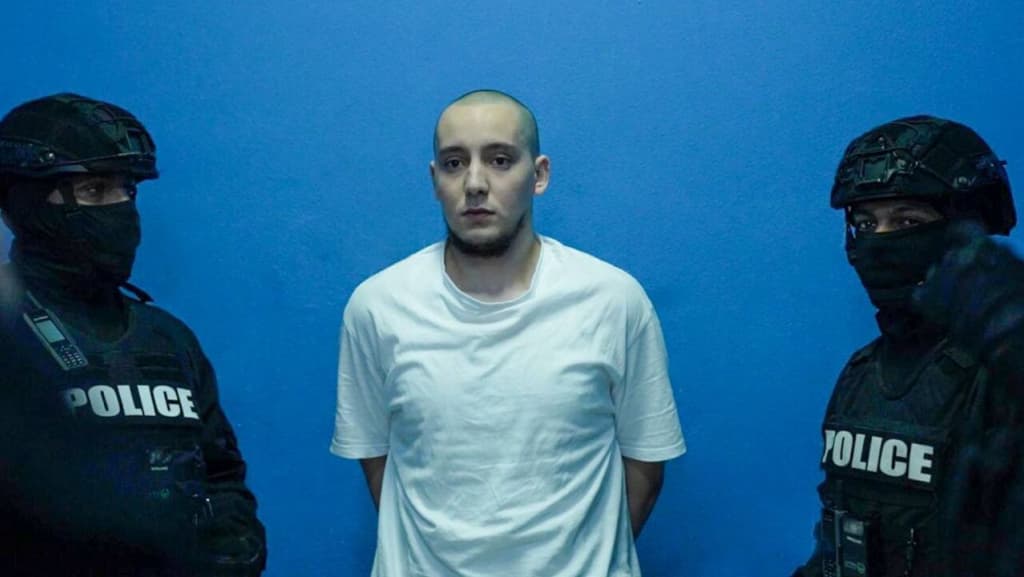
UAE Extradites Interpol-Wanted Fugitive to the Netherlands Amid Growing Crackdown on Transnational Crime
Latest extradition to the Netherlands underscores UAE’s tough stance on fugitives, backed by Federal Law No.39 of 2006.
The UAE Ministry of Interior has extradited a fugitive wanted by Interpol to the Netherlands, following his arrest in Dubai on a Red Notice. The individual faces serious charges of drug trafficking, money laundering, and gang-related activities.
Authorities confirmed that the transfer was carried out after a UAE court ruling and subsequent approval by the Ministry of Justice, in line with the country’s extradition framework under Federal Law No. 39 of 2006 on International Judicial Cooperation in Criminal Matters. This law lays down strict requirements for extradition, including the principle of dual criminality (where the alleged crime must be punishable in both the UAE and the requesting state), judicial oversight, and the final approval of the Ministry of Justice.
The legislation also provides safeguards, allowing refusal in cases involving political offences, risks of capital punishment, or when the request concerns UAE nationals, in which case the suspect may be prosecuted domestically.
Growing Extradition Track Record
The Netherlands extradition is the latest in a string of high-profile handovers reflecting the UAE’s strengthening cooperation with international partners.
-
In July 2025, Dubai extradited Othman El Ballouti, known as Europe’s “Cocaine King,” to Belgium under the 2021 UAE-Belgium extradition treaty. He is accused of masterminding large cocaine shipments through Antwerp.
-
Earlier in 2025, Dubai extradited two Belgian nationals wanted for organised crime and drug trafficking to France, bringing the UAE’s extraditions to France this year to at least 10 cases.
-
InMay 2025, the UAE extradited Sean McGovern, a senior figure in the Kinahan cartel, to Ireland under a recently ratified treaty. McGovern faces charges including murder and directing a criminal organisation.
-
In a joint operation with Indian authorities, a UAE-based chemical supplier linked to a ₹250 crore synthetic drug racket was extradited to India in July 2025 after months of cooperation between the CBI, Mumbai Police, and Interpol.
These cases highlight the UAE’s growing willingness to work with foreign governments through bilateral treaties and Interpol mechanisms.
Reinforcing Global Security
The Ministry of Interior stressed that extraditions of this kind underscore the UAE’s commitment to international law enforcement collaboration, sending a clear signal to transnational criminal networks that the Emirates will not serve as a safe haven.
By enforcing its domestic extradition laws in coordination with global partners, the UAE continues to position itself as a key player in the fight against organised crime, ensuring fugitives face justice in the jurisdictions where their crimes were committed.
For any enquiries please fill out this form, or contact info@thelawreporters.com Follow The Law Reporters on WhatsApp Channels